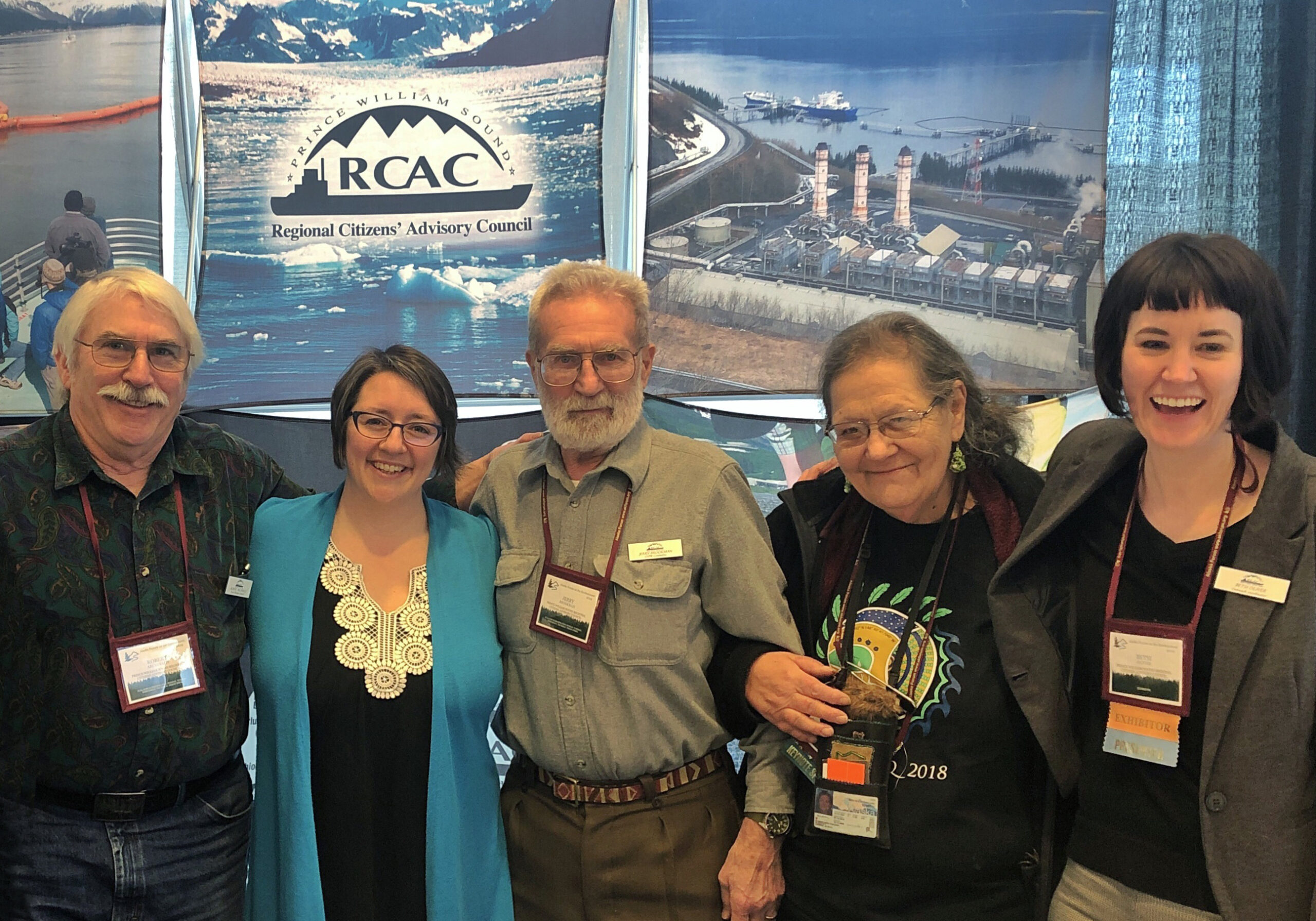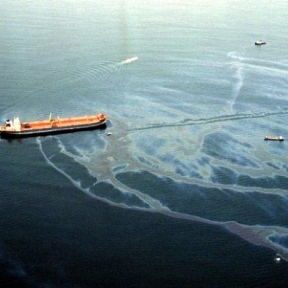Take Action
What is a Citizen Advisory Council?
The Oil Pollution Act of 1990 found that effective citizen engagement and oversight of energy operations is critical to the proper function of industry, government, and civil society.
After the 1989 Exxon Valdez oil spill, the Act created two Regional Citizens' Advisory Councils in Alaska and noted that "similar programs should eventually be established... [in other areas] where the safe transportation of crude oil is a national problem."
We believe "eventually" is now and that similar programs – independent of oil industry control – are needed in regions at risk of oil activities such as the multi-state transportation corridors for tar sands pipelines or crude-by-rail ways.

How to start a Citizen Advisory Council
Short answer? With our help!
ALERT is working to inform concerned citizens within these at-risk regions of the existing legal authority to form such teams. We provide skills and training to help citizens organize to have a meaningful voice in oil activities in their region and to advocate citizen advisory councils as part of the currently ongoing revision process to the National Contingency Plan.
For more information on the specific responsibilities and duties of the Citizens' Advisory Councils, please review our petition supplement to EPA, proposed revisions to the National Contingency Plan, Section 300.206. We appreciate feedback on this document!

Know your right to know
The Emergency Planning and Community Right-to-Know Act (EPCRA) was passed by Congress in 1986 in response to concerns raised by the major industrial accident that occurred in 1984 in Bhopal, India. In that accident, which killed and disabled hundreds of thousands, the public was unaware of the hazardous chemicals in use and stored at the facility and they lacked information on what to do when accidents occur. Soon after, a chemical accident at a facility in Institute, West Virginia in 1985 raised concerns in the U.S. about local preparedness for chemical emergencies and the availability of information on hazardous chemicals.
The purpose of EPCRA is to:
- Encourage and support emergency planning efforts at the state, tribal and local levels
- Provide local governments and first responders with information concerning potential chemical hazards present in their planning district
- Prevent, prepare for, and mitigate the effects of a chemical incident
- Provide the public with information on chemical risks in their community and information on what to do if a chemical accident occurs
Funding
Congress created the Oil Spill Liability Trust Fund in 1986 and authorized its use under the Oil Pollution Act of 1990 to fund government’s preparation and response to oil spills under the Emergency Planning and Community Right-to-Know Act (EPCRA), among other things, yet local governments and local emergency planning committees have been unable to access these funds
